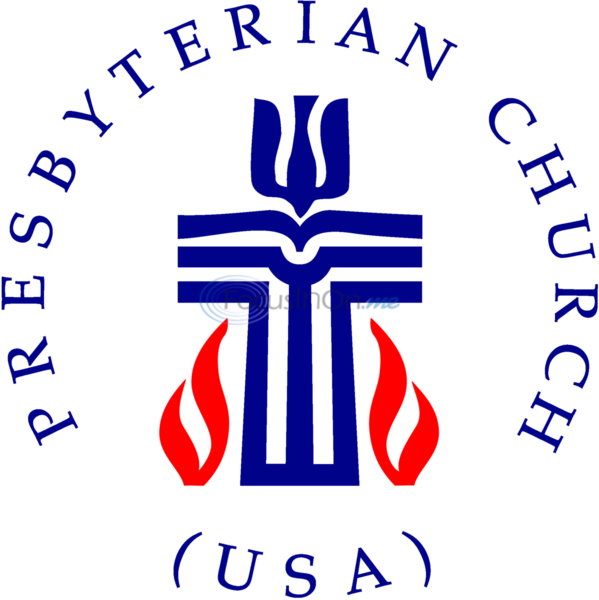Presbyterian OK of gay unions may create divide
Published 11:23 pm Saturday, March 21, 2015
The Rev. Stuart Baskin, pastor of First Presbyterian Church in Tyler, said he expects the vote this week to allow same-sex marriage unions will create a divided reaction among his congregation — but it won’t split the church.
On Tuesday, a majority of 171 Presbyterian Church (U.S.A.) presbyteries across the country voted to ratify amending the Book of Order, the denomination’s constitution, to change the church’s view of marriage and allow local churches and pastors to decide whether to host or perform same-sex marriage ceremonies. The change applies to churches in states and localities where same-sex marriage is legal.
Same-sex marriage is legal in 36 states and the Washington D.C.
Baskin said his congregation members have expressed various opinions on same-sex marriage and homosexuality, as they have with many other cultural or political subjects.
Baskin said some people choose churches and groups where they are comfortable and can avoid challenging opinions and confrontations.
“I’m sure many people are upset and there are others who are quite pleased,” he said of the recent vote. “(The diversity of opinion) mirrors our denomination that is made up of Republicans and Democrats, conservatives and liberals, which can make it a difficult place to minister.”
Some members have already left because of same-sex marriage, he said. He expects others will now that a majority has ratified the change.
Some members accept homosexuality, while others view it as an abomination, he said.
“It’s hard to hold those opinions together,” he said. “But holding together is part of what we are to do as disciples of Christ.”
But he said the change for now will be a nonissue for the church, because Texas law doesn’t allow same-sex marriage.
However, the ratification also will expand the church’s definition of marriage to include a “commitment between two people,” recognizing gay marriage in the church after decades of debate over same-sex relationships.
Only a simple majority of 86 of the 171 presbyteries was required to ratify the vote. Not all presbyteries had voted as of Tuesday; they have until June this year to weigh in on the amendment.
Gerry Tyer, stated clerk for the Grace Presbytery in Dallas, which includes 156 North and East Texas congregations, said more than 300 representatives met earlier this month and agreed with changing the denomination’s national constitution language regarding same-sex marriage 214 to 87 with four members abstaining.
The First Presbyterian Church in Tyler sent three commissioners, or church elders, to Dallas for the vote.
Commissioners’ votes are typically not made public and are based on each commissioner’s conscience, be it driven by personal opinion or a representation of the collective opinion of members, Baskin said.
Tyer said the ratification of permissive constitutional language could affect the denomination, which is the largest body of Presbyterians with 1.4 million members nationally.
The amendment includes a provision that no clergy would be compelled to preside at a gay marriage or host such a ceremony on church property. So far, 41 presbyteries have rejected the redefinition and the vote in one presbytery was tied, according to a tally by the Covenant Network of Presbyterians, which advocates for gays in the church and also works to keep Presbyterians united despite theological differences.
Rev. Brian Ellison, executive director of Covenant Network of Presbyterians, said he recognized there will be disagreement about the new marriage definition.
“We’re very committed to helping the church continue working through this issue,” he said.
The Presbyterian Church (U.S.A.) followed a few large Protestant denominations, including the United Church of Christ, which became the first major denomination to recognize same-sex unions in 2005.
Significant numbers of members left the Presbyterian denomination in the past over women being allowed to pastor or represent the church as elders and during the civil rights movement in the 1960s, Tyer said.
But Tyer said the church’s stances on social issues have not been the only reason for declining affiliation with the church. He blamed the decline on the generational shift away from participating in organized groups, whether church, volunteerism or civic organizations.
Tyer said the church’s focus will be uniting and valuing the various opinions that exist within congregations. He said diversity of biblical interpretations and points of view strengthens its members by challenging where they might be wrong.
Baskin said he would always err on side of the argument that the body of Christ should be more inclusive, based on love, than judgmental. He said Jesus angered many within the established religious hierarchy by dining and associating with who they considered outcasts and sinners.
Tyer agreed.
“It is the purpose to keep people together who feel strongly about certain issues,” Tyer said. “We’re stronger together, even if we disagree sometimes, than we would be splintered.”
The Associated Press contributed to this report.
Twitter: @newsboyAdam







